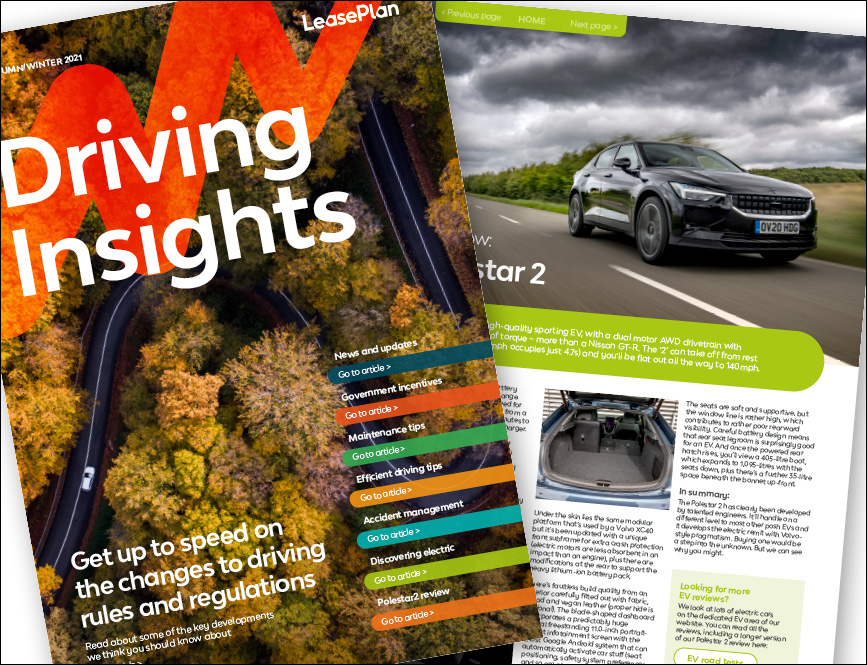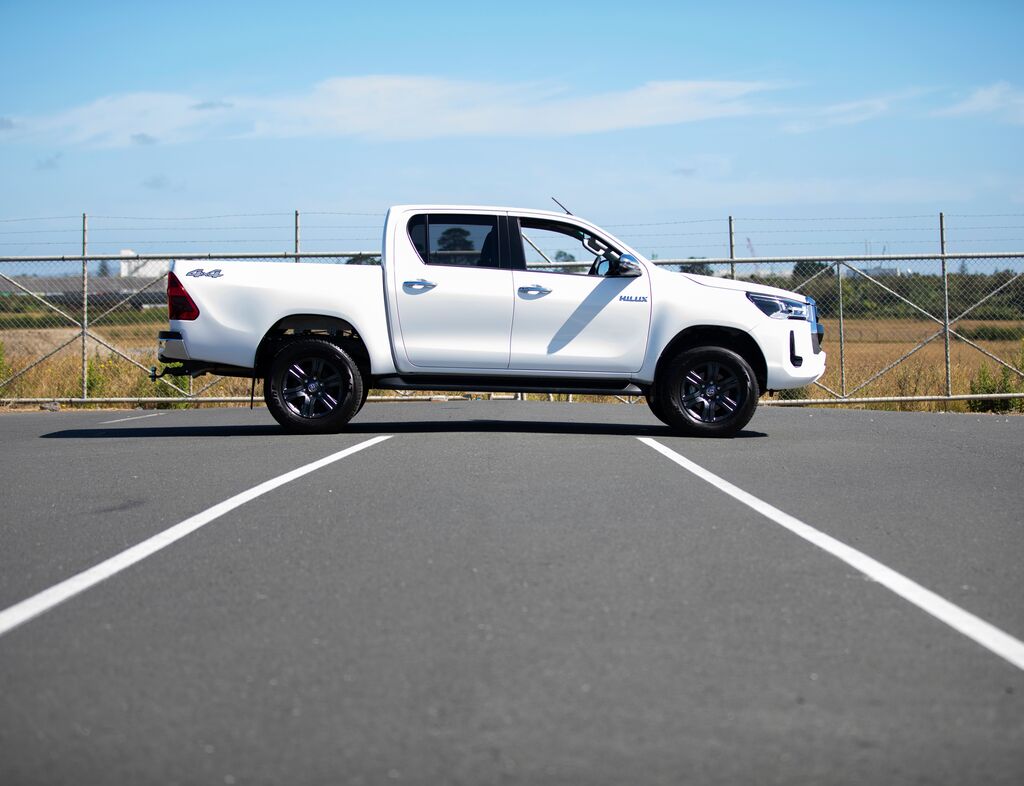You’ve probably heard of Robert Halfon, the Conservative MP for Harlow. Since his election in 2010, he’s been one of the most doggedly active politicians in Parliament. He’s campaigned, with much success, to have the level of fuel duty reduced. He’s fought for a 10p tax rate for the lower paid and for investigations into profiteering energy companies. He’s currently agitating against the car-parking fees charged by hospitals. And most impressive of all: he’s written for this blog.
But have you heard of Mr Halfon’s White Van Conservatism? This is, in way, a phrase that sums up all of his various campaigns for lower taxes and lower bills. But it’s also something more than that: it’s what he believes his party should offer to the electorate. As he describes it, it mixes strong policies on, say, immigration and welfare with compassionate policies towards, say, the NHS and trade unions. It’s not for pinstriped plutocrats nor for button-down bureaucrats. It’s for… well, the clue’s in the name. It’s for white van drivers.
Or is it? It might be truer to say that it’s for a stereotype of white van drivers. No-one, including Mr Halfon, believes that every white van driver thinks the same way. Nor does he only want to appeal to white van drivers. What about red van drivers? What about you and me? But, at the same time, we immediately know what Mr Halfon means. It’s a simple phrase that conjures up so much: folded-up copies of The Sun on the dash; hard graft during the week; a couple of pints on a Friday night; a stack of bills on the mantelpiece at home – and so on.
In politics, this sort of stereotyping has its uses. When Tony Blair helped conceive the term “Mondeo Man” at the 1996 Labour Party Conference, he was trying to establish a credo that his party could follow and that voters could sign up to. He told the story of a self-employed electrician, polishing a Ford Sierra, whom he had met whilst out canvassing. “His Dad voted Labour,” Blair explained. “He used to vote Labour, too. But he’d bought his own house now. He’d set up his own business. He was doing very nicely. ‘So I’ve become a Tory,’ he said.” And, with that, Blair had told his party what they believed in. All that was left was for “Sierra Man” to be changed to “Mondeo Man” to match the models that Ford were selling at the time. The showroom floor was ready for 1997.
When politicians turn the car keys, they’re generally trying to ignite a mood. White Van Conservatism and Mondeo Man are not quite the same as the demographic groups that are targeted (or, increasingly, micro-targeted) in elections. Tony Blair may have been identifying Mondeo drivers – in a broad sense – as an important voter bloc in the 1997 election, just as “soccer moms” were identified in the 1996 US elections. But it was also about saying: this is what we’re about. Its target was as broad as the entire electorate.
This is true of the other catch-all phrases that have emerged in British politics, even when they’re nothing to do with cars. Mondeo Man was himself derived from Essex Man, the type of average voter that Margaret Thatcher sought to attract in the 1980s. Since then we’ve also had Worcester Women, Asda Mums and – worst of all, so far as the name goes – Pebbledash People. Question is, will anyone ever stand up for the Monolith Monsters?
The particular beauty of the car ones, though, is that they make their point so quickly. Whereas the pebbledash one needs explaining – it basically referred to families living in semi-detached suburbia in the South East and West Midlands – “white van” almost speaks for itself. Even Mondeo Man doesn’t really require Blair’s explanation. As plenty of studies show, we’re quick to characterise people based on the models, makes and even colours of their vehicles. If a political party was claiming to speak for Prius People – a phrase that some Cameroons once considered using – we’d know what they meant instantly. Likewise Volvo Man, whom William Hague briefly turned to in the late Nineties. And what about Ferrari Fastlaners? Would you vote for a party backing them?
But this is where the problems arise for politicians: what if, contrary to what they expect, their car analogies have bad connotations for voters? It may disappoint Mr Halfon to hear that the first recorded usage of the term “White Van Man” in the British press was in an unfavourable context. They were described then as a “scourge of the road”, and they’ve been maligned as such ever since in various polls. Fair? Perhaps not. But the fact remains that some people will not be well disposed towards white van drivers.
And then politicians can just get tangled up in their own analogies. For a while, President Obama described the American economy as a car that had been driven into a ditch by the Republicans. Okay, that’s easy enough to understand. But then he went and made it more complicated. As this CNN segment amusingly demonstrates, soon the Republicans were standing by drinking Slurpees – or was it lattes? – as the Democrats pushed – or was it drove? – the car which the Repulicans couldn’t – or was it could? – sit in. It all came to a head when the White House spokesman said that the car had an Obama bumper sticker on it. A-wha?!
But perhaps it’s worse when car companies start complaining about the association. No publicity is bad publicity? Not for Ford, whose British chairman said last year, “I don’t think ‘Mondeo Man’ did us any favours… People often mistake commonplace for average.” His message to the political class was clear: please don’t spoil our balance sheets by taking the Mondeo out for another spin in 2015.




